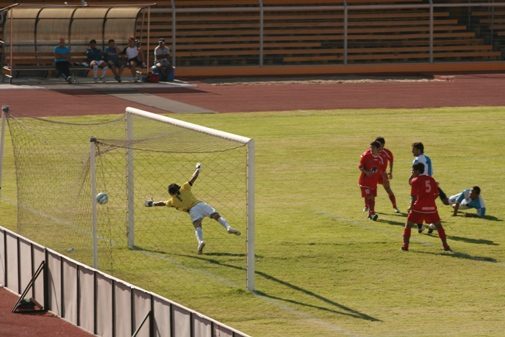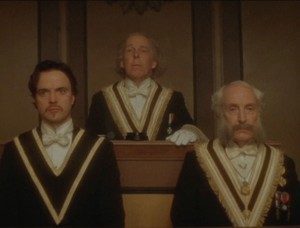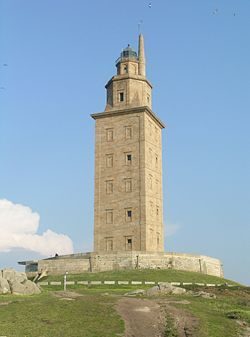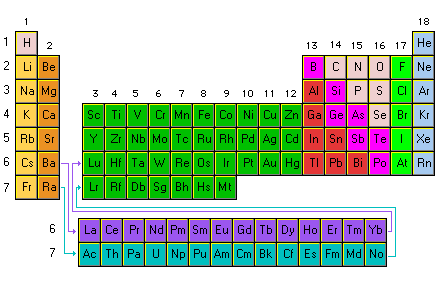 The word that we analyze comes from the Greek and is formed by the root chlo, which means multitude, and by cratos, which is translated as government. Thus, in its literal sense, ochlocracy is the rule of the multitude.
The word that we analyze comes from the Greek and is formed by the root chlo, which means multitude, and by cratos, which is translated as government. Thus, in its literal sense, ochlocracy is the rule of the multitude.
The degeneration of government systems
In his treatise on Politics, the Greek philosopher Aristotle exposed the different forms of government, as well as their corresponding degenerate versions. He showed that the monarchy can lead to tyranny, the aristocracy is in danger of becoming an oligarchy and democracy can end in demagoguery.
One of the forms of demagoguery is precisely ochlocracy. In conventional demagogy, a politician has the rhetorical ability to manipulate the people, while in ochlocracy it is the people who take the floor and end up imposing their will. Obviously, it is not a form of government in a common sense, but rather a social phenomenon that manifests itself when the crowd ends up imposing their criteria.
A brief analysis of the power of crowds
In today's democracies, political parties and institutions are not going through a good time, as large sectors of the citizenry are suspicious of conventional politics. Thus, somehow broad social layers become a new actor in public life.
Millions of deeply disenchanted people have opinions on all kinds of matters of general interest, even if their sources of information are biased. Although these people do not have any political tool to change reality, there is no doubt that their opinions end up having a certain weight in society as a whole. It is in this social climate where the idea of ochlocracy emerges.
The force of social networks has multiplied the voice of the disenchanted popular masses. The purely visceral critical opinions, the disqualifications without any type of argument and the permanent complaint towards everything are some of the forms of communication that the ordinary citizen uses to express their ideas and concerns. The problem with this social trend is its irrationality.
Citizens can and should participate, comment or criticize on all matters of general interest, but it would be desirable that their interventions were something more than the simple shouting of the crowd. Otherwise, oclocracy, that is, the power of the popular masses, becomes present.
On some occasions this deeply disillusioned mass finds a populist ally along the way. There is no populist leader without a corresponding crowd to support him.
Photo Fotolia: Bakhtiarzein




